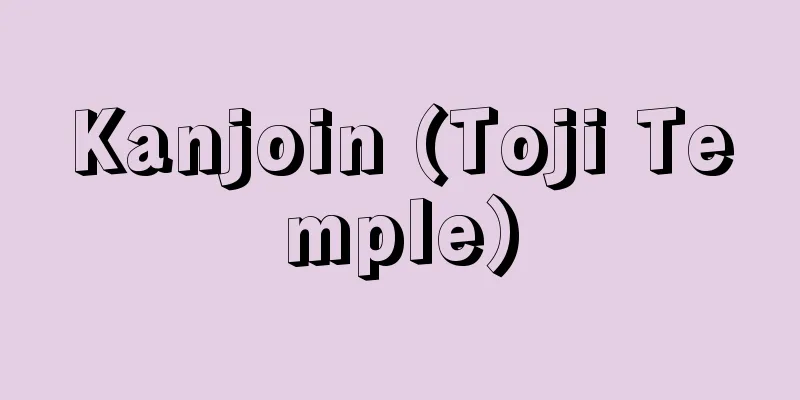Usman, S.

|
...Nevertheless, in 1961, the first African talkie, Love Overcomes the Barriers, was made by Hossen Mabrouk of Somalia (which gained independence in July 1960). Furthermore, the films of Senegalese (which gained independence in June 1960) writer Ousmane Sembène gained international acclaim (the first feature-length film in the history of African cinema, La negro, won the Jean Bigot Prize in France in 1965, Postal Money Order won the Special Jury Prize at the Venice Film Festival in 1968, and Emitai won the Silver Prize at the Moscow Film Festival in 1971), and the influence of French ethologist and filmmaker J. Ruche, who had been making a series of "ethnological films" in Africa since 1946 (A kind of "staged" documentary, called "cinema verite," "We Are the People," etc., was also significant. African films suddenly attracted attention as "third world cinema" in the late 1960s and 1970s, as a result of a series of events, including black people who had appeared in films such as "The Black Man" (1958), "The Human Pyramid" (1960), and "Jaguar" (1967), then began making their own films, and a young generation who had studied film techniques abroad (especially in France) (for example, Ivorian filmmaker Désiré Ecarré graduated from the French Institute of Cinematography (IDHEC)) returning to the country and beginning to make films. Naturally, the content of the films also often centered on the fate of black people who were alienated within civilization = colonialism = white society. *Some of the terminology referenced in "Uthman, S." is listed below. Source | Heibonsha World Encyclopedia 2nd Edition | Information |
|
…それでも,1961年にはアフリカ映画のトーキー第1作《愛は障害を越えて》がソマリア(1960年7月独立)のホッセン・マブルークによって作られる。さらに,セネガル(1960年6月独立)の作家ウスマン・サンベーヌの映画が国際的評価を得たこと(アフリカ映画史上最初の長編作品《黒人女》がフランスで1965年度ジャン・ビゴ賞,《郵便為替》が68年ベネチア映画祭審査員特別賞,《エミタイ》が71年モスクワ映画祭銀賞を受賞),1946年以来アフリカで一連の〈人種学映画〉を撮り続けているフランスの人種学者であり映画作家であるJ.ルーシュの影響(〈シネマ・ベリテ〉と呼ばれる一種の〈演出された〉ドキュメンタリー《われは黒人》(1958),《人間ピラミッド》(1960),《ジャガール》(1967)等々に出演した黒人たちがその後みずから映画を作り始める),そして外国(とくにフランス)に留学して映画の技術を学んだ若い世代(例えばコートジボアールの映画作家デジレ・エカレはフランスの高等映画学院(IDHEC)の出身である)が帰国して映画を作り始めたこと等々といったことが集積して,60年代後半から70年代にかけてアフリカ映画が〈映画の第三世界〉としてにわかに注目されるに至った。映画の内容も,当然ながら文明=植民地主義=白人社会の中で疎外された黒人の運命を主題にしたものが多い。… ※「ウスマン,S.」について言及している用語解説の一部を掲載しています。 出典|株式会社平凡社世界大百科事典 第2版について | 情報 |
>>: Uzuma Catfish - Uzuma Catfish
Recommend
Sholokhov (English spelling) Mihail Aleksandrovich Sholohov
Russian novelist. Born on May 24th in the village...
Fujiwara no Michikane
A nobleman in the mid-Heian period. He was the th...
Hirokami [village] - Hirokami
A village in Kita-Uonuma District, southern Niigat...
pabasa
...In addition to the suffering of Jesus, the beg...
Solomon WRD Bandaranaike
A politician in the early period of Sri Lankan in...
Sedum bulbiferum
… [Hiroshi Yuasa]. … *Some of the terminology tha...
Kink boundary
… [In the case of crystals] A band-like portion w...
Omi Mitsumasa
⇒ Mitsumasa Kodama Source: Kodansha Digital Japane...
New System Movement - Shintaisei Undou
A political movement to establish a fascist polit...
Library of Congress Classification
...Of the approximately 130,000 classification it...
Women's Temple - Onnadera
〘 noun 〙① A temple where nuns live. Nunnery. ② (&q...
Mamushi (Viper) - Mamushi
A general term for dangerous venomous snakes in th...
Tropaeolum tuberosum (English spelling)
… [Eiichi Asayama]. … *Some of the terminology th...
Acaroidea
…A general term for small mites that appear as a ...
sneeze
It is one of the common symptoms of nasal disease...









